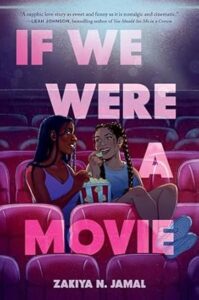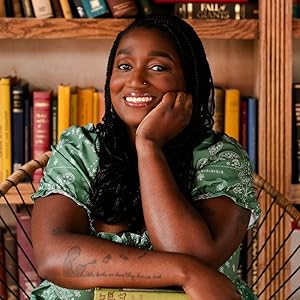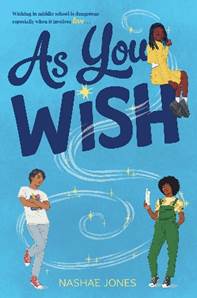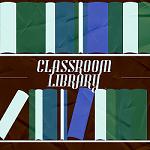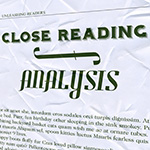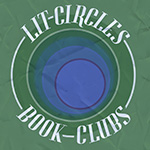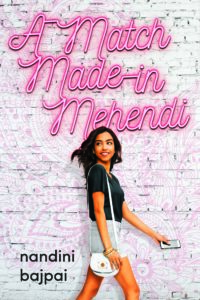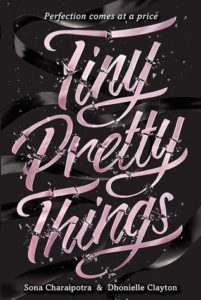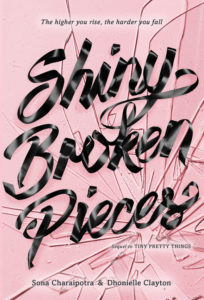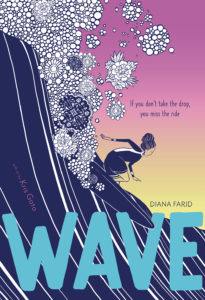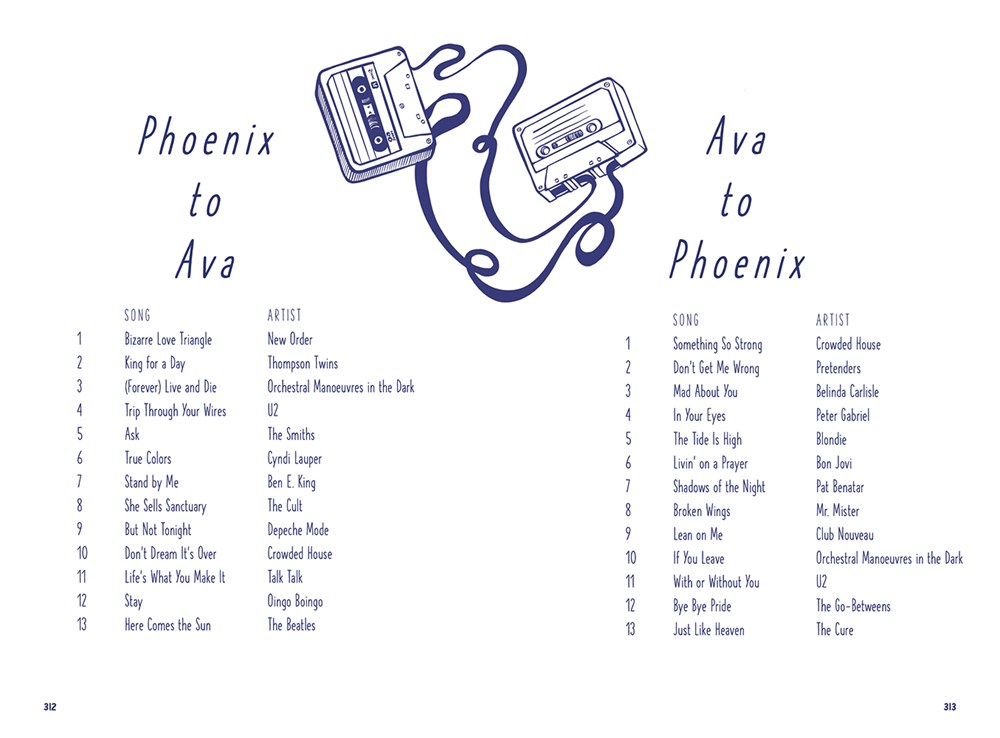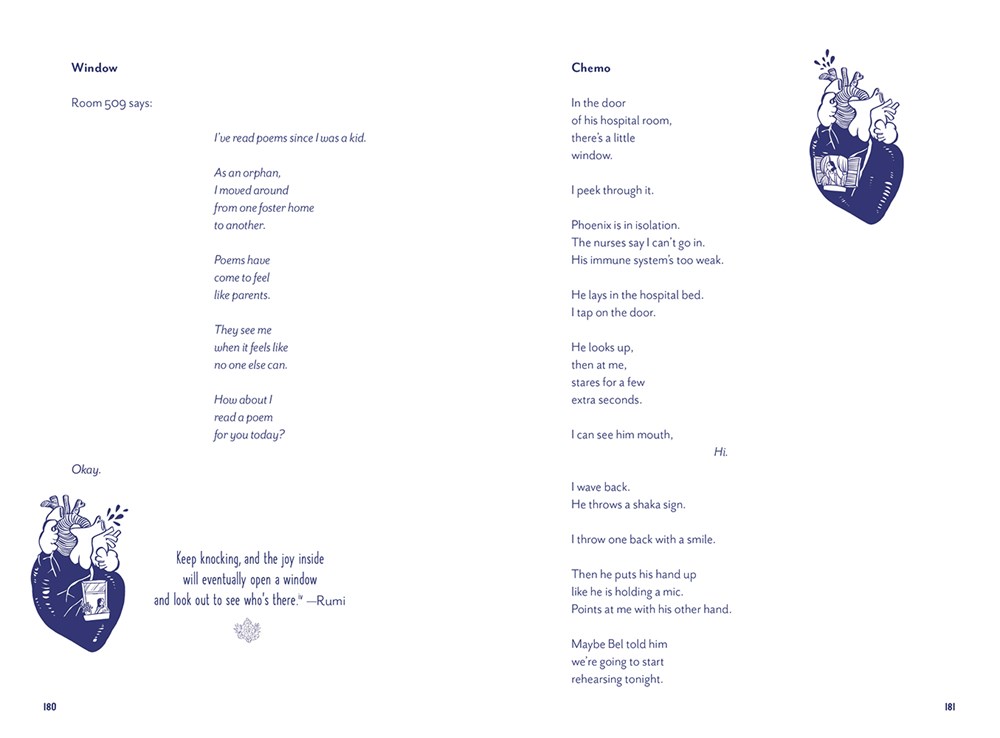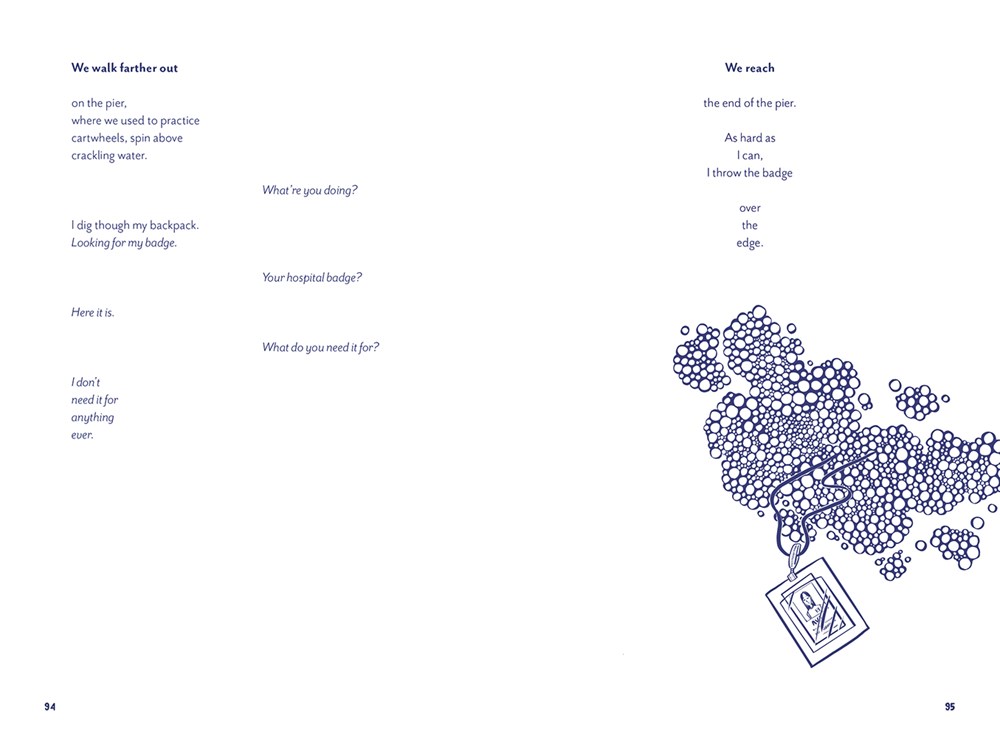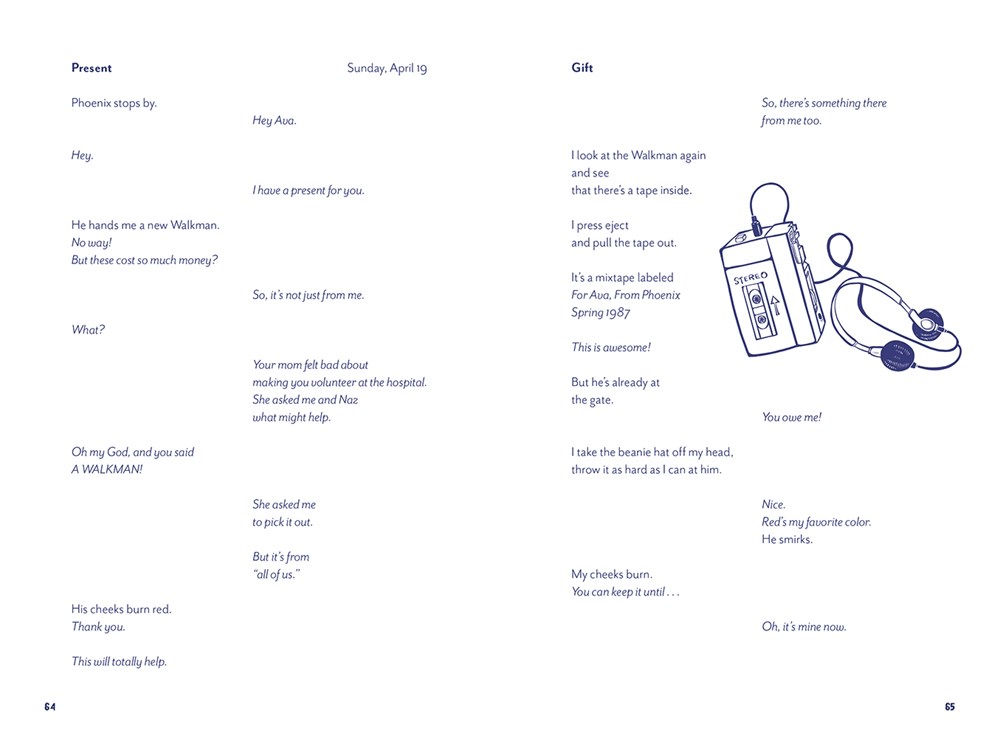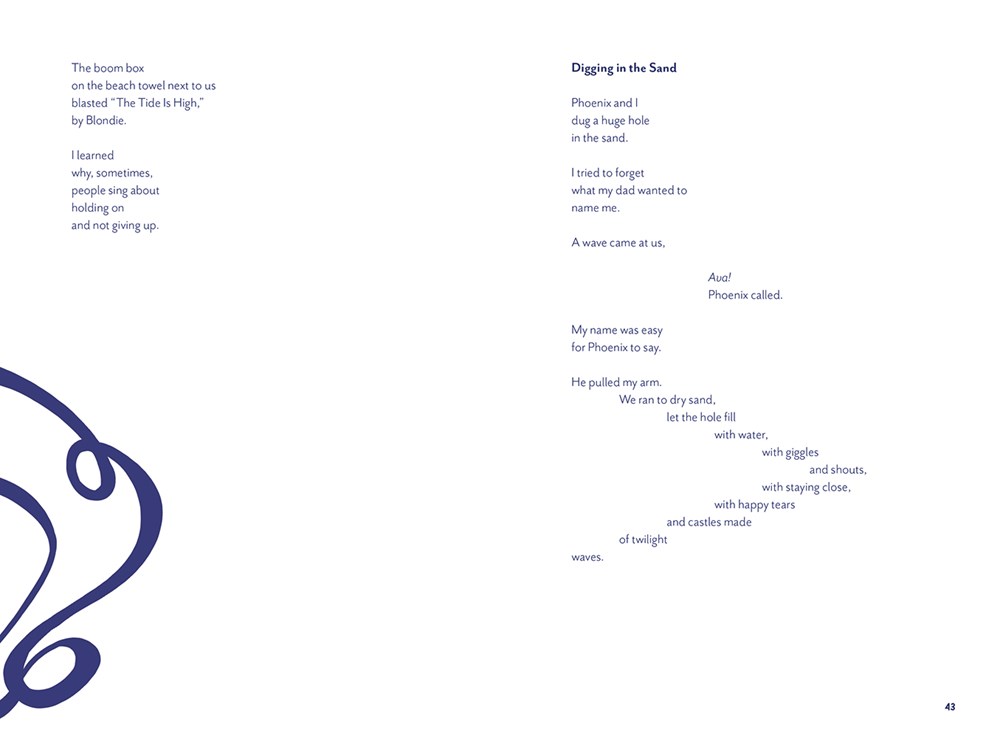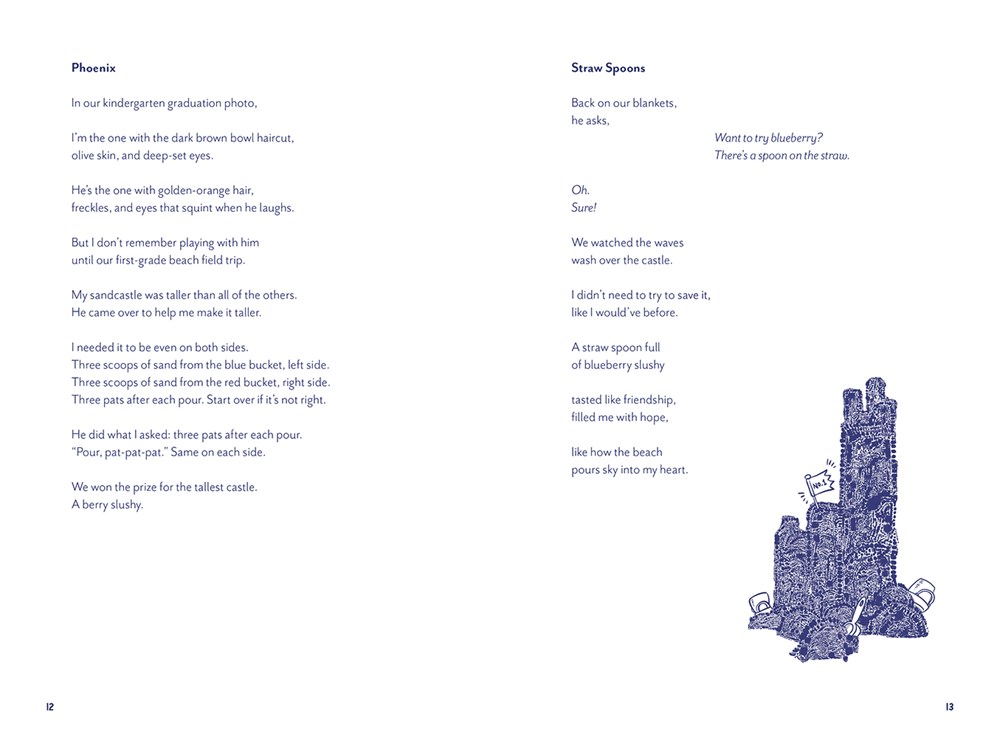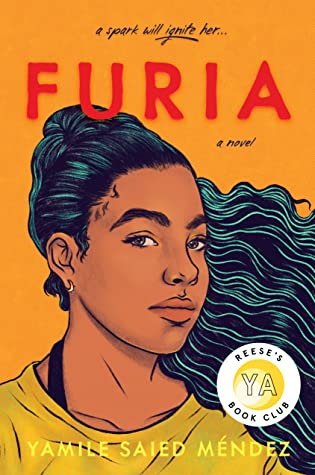“Something New”
My first two books are fantasy-horror novels about witches breaking a bloody hex, but my next novel is… a funny, heartfelt, historical romance.
I’ve had to repeat that sentence many times over the past year or so, and it’s always funny to see the flash of surprise on people’s faces, perhaps because this change in genre took me by surprise as well. Despite my love of reading historical romance—and really, most every genre, I’m not picky—I considered myself a fantasy writer first. But during a difficult summer that threw me into a period of writer’s block that felt like a cage, I starting drafting something new and very different. The issue wasn’t that I couldn’t write, it was just that I wasn’t in the mood to draft anything dark or requiring fantasy world-building. My brain, simply, refused to cooperate with my usual stuff. After a comforting re-watch of my favorite period films, I thought, what would this story look like with a Black character front and center?
Next thing I knew, I was drafting a Cinderella-esque Victorian romance about a young Black girl who gets thrust into high society by way of a surprise inheritance. It was fun, it was freeing, and in just a few chapters, Stella quickly became the book of my heart. But is there anything more daunting than trying something completely new? I hate feeling out of place, or out of my comfort zone, and for a long time, Stella’s story was something I was content with keeping to myself.
Before I knew it, that desire changed. With feedback from my writer friends, I began to picture Stella out of my hard drive and onto bookstore shelves. But pursuing publishing, and turning this story into a “real book” came with new worries. What business does a fantasy writer have doing historical romance? Imposter syndrome loves to rear its ugly head, and it didn’t matter how much research I did, I was sure I was doing everything all wrong. On top of that, I struggled with the novel’s tone. Of course, there’s always an element of wish-fulfillment and fantasy in historical romances, but I wanted Stella to feel real, and that meant including the prejudices a girl like her would have faced. And the balance I longed to achieve was a risky one—writing a fun, fluffy, romantic novel that also didn’t sanitize the time period. I wanted the text to be engaging to all teen readers, especially if they’re picking up a historical novel for the first time. I believe that when a book is published, it no longer solely belongs to the author, so I suppose the readers will be the judge of my success. But one thing’s for certain: this book was a balm for me. It was cathartic, it was fun. It was exciting to write. And when I think about the overlapping themes in all of my books—being true to yourself, the importance of friendship, and making good trouble—I think that maybe, writing Stella wasn’t much of a surprise after all.
Now on the cusp of publishing my third novel, I can assuredly say that I’ve never written a book in the same way twice. As much as I would love to have a solid, consistent routine, they always come about in different ways. But without a doubt, I always walk away from a final draft learning a little bit more about my process and myself. In writing Stella, I learned that sometimes, the new thing’s scariness is only in my head, and the only way to get over it is by going through it. And even if Stella’s story remained a secret project, I think the fun I had with it would have been worth it anyway.
Published July 8th, 2025 by Storytide
About the Book: Bridgerton meets The Davenports in this wildly entertaining standalone romance, following a young Black woman trying to balance her independence with her future in 1860s London’s high society.
Stella Sedgwick is a lost cause.
Banished from etiquette lessons and unsure of her future, Stella dreams of a writing career and independence, but 1860s England offers little opportunity beyond marriage or servitude for a sharp-tongued, dark-skinned girl.
When her late mother’s former employer summons Stella to London, he tells her of his intention to bequeath one of the family’s great estates to her. It’s a life-changing inheritance, but one that will precipitate a legal battle that would be easier if Stella were married. With her cousin Olivia by her side, Stella is thrust into London society and must navigate fashion and balls, insults and stares, and a rekindled connection to Nathaniel, her childhood best friend with a rakish reputation.
Beyond the marriage market, living in London presents intriguing opportunities to Stella, like picking up her mother’s anonymous advice column to guide readers through upper-class perils. As new acquaintances are made and old secrets are uncovered, Stella must decide when to play by the rules, when to break them, and when to let herself follow her heart.
About the Author: S. Isabelle is a reader, writer, and hoarder of books. After earning a master’s degree in library science, she took that love of reading to youth librarianship. When she isn’t writing, you can find her binge-watching TV shows, drinking heavily sweetened coffee, or stressing over baseball. She is the author of The Great Misfortune of Stella Sedgwick, The Revolution of Olivia Witherson, The Witchery, and Shadow Coven. Visit her online at sisabellebooks.com.
Thank you for sharing your journey, S.!



